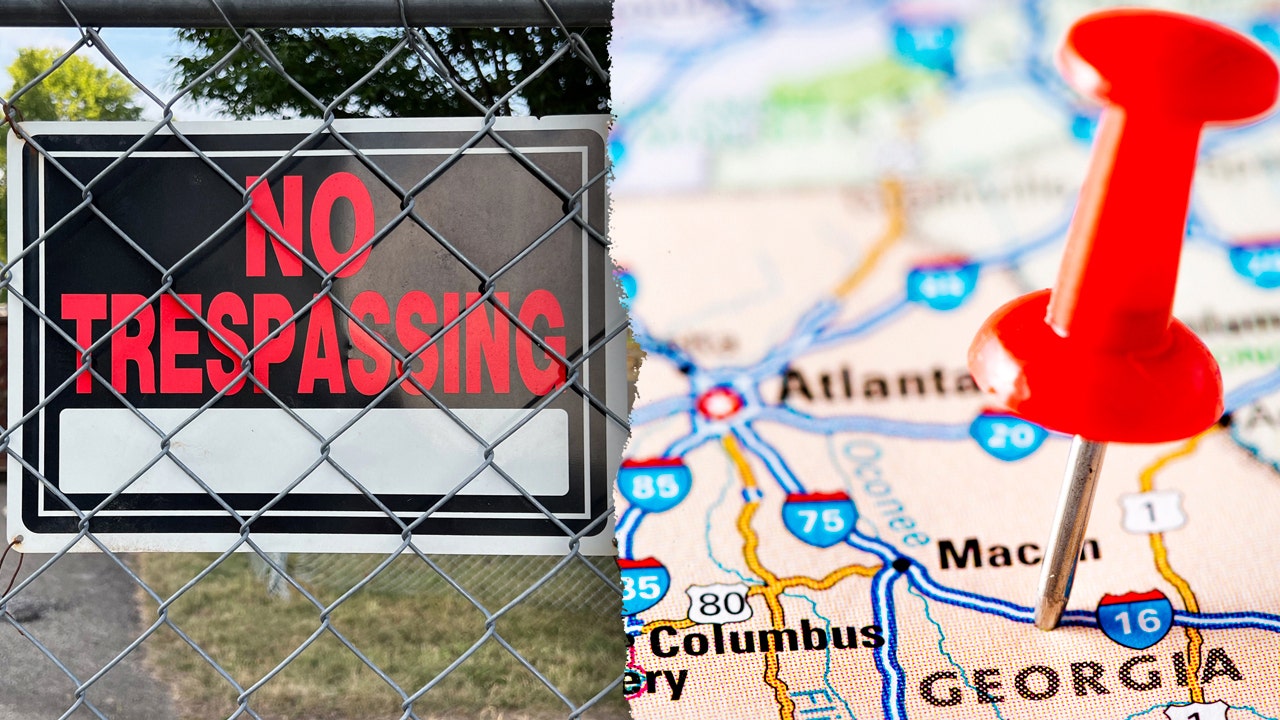Georgia’s strengthened laws against squatting aim to swiftly remove individuals unlawfully occupying properties and deter future instances. The recent legislative changes significantly impact how squatting cases are handled, altering timelines and penalties, making it a less appealing avenue for illegal occupation. These legal adjustments demonstrate a firm stance against property invasion and provide clearer protections for homeowners. The new laws streamline the eviction process, potentially reducing the time and resources required to reclaim a property from squatters. This proactive approach is intended to offer effective solutions for property owners facing this frustrating and often legally complex issue.
The Georgia Squatter Reform Act: Faster Evictions and Harsher Penalties
The Georgia Squatter Reform Act, signed into law in April 2024, represents a significant shift in the state’s approach to dealing with squatters. This legislation directly addresses concerns about the time and resources consumed in eviction proceedings, while also increasing the penalties for unlawful occupancy. The goal is twofold: to expedite the eviction process for property owners and to deter potential squatters through stricter punishments. This comprehensive approach moves beyond simply evicting squatters and aims to make the act of squatting less appealing.
Expedited Eviction Process
The act significantly streamlines the eviction process by directing cases to magistrate court for a non-jury trial. This change reduces bureaucratic delays associated with traditional court proceedings. Additionally, the law establishes stricter timelines for both squatters to prove their right to occupancy (a mere three days) and the court to make a ruling on that claim (seven days). This speedier process aims to minimize the time property owners spend battling unlawful occupancies. This decisive approach reflects a clear prioritization of property owners’ rights.
Increased Penalties for Squatters
The Georgia Squatter Reform Act not only expedites the eviction process but also increases penalties for squatting. This escalation aims to create a greater deterrent against unlawful occupancy, sending a strong message that such actions will result in serious consequences. These increased punishments work in conjunction with the faster eviction process to present a multi-pronged approach designed to disrupt the cycle of squatting in Georgia. While the specific details of these enhanced penalties remain subject to further investigation, the general intention is to make the costs of illegal occupancy far exceed the potential benefits.
Adverse Possession Laws in Georgia: A Separate but Related Issue
While the Squatter Reform Act focuses on the immediate issue of unlawful occupation, the concept of adverse possession also exists within Georgia law. Adverse possession offers a pathway to claim ownership of a property after a prolonged period of continuous, exclusive, and uninterrupted occupancy. While not identical to squatting, these are sometimes confused. It’s crucial to understand the critical differences, as adverse possession requires specific and often difficult-to-meet criteria.
Distinguishing Adverse Possession from Squatting
Squatting, at its core, is an illegal occupation of property without permission. Adverse possession, conversely, is a legal doctrine under which an individual may gain title to land belonging to someone else. While both involve prolonged use of another’s property, adverse possession requires specific elements including; open and notorious possession, actual and exclusive possession, continuous and uninterrupted possession, and hostile possession under a claim of right for a period of time prescribed by law (typically 20 years in Georgia, reduced to seven years with “color of title”). Unlike squatters, those claiming adverse possession often make some sort of improvement on the land, indicating they’re exercising control. This legal distinction ensures that unlawful occupancy is properly addressed without compromising the legitimate claims based on the nuances of adverse possession law.
The Lengthy Requirements for Adverse Possession
Georgia’s adverse possession laws mandate a lengthy period of continuous and unambiguous occupancy to satisfy the claim requirements, this contrasts directly with the aim of the Squatter Reform Act which targets unlawful, immediate occupancy. The 20-year threshold (or seven with color of title) makes successful adverse possession claims significantly difficult. This stringent condition ensures that the rights of genuine property owners are protected, preventing easily challenged claims of ownership based on minimal or unlawful possession. This extended time commitment highlights a fundamental distinction between an illegal occupation and a potential legitimate ownership claim through adverse possession.
The Impact and Future of Squatting Legislation in Georgia
The passage of the Georgia Squatter Reform Act demonstrates a clear commitment to safeguarding property rights. This legislation’s impact on the number of squatting incidents remains to be seen, but the initial intention aims at decreasing the instances through faster and more effective removal and harsher deterrents.
Potential Long-Term Effects
While immediate results won’t be fully measurable, the long-term implications will likely involve a reduction in unlawful occupations in the state. This effect may cascade, impacting other aspects of the property market by influencing housing prices and the level of confidence property owners can have in the legal protections currently afforded. The efficiency gains of the reformed eviction process could increase efficiency in Georgia’s court systems. Further legislative refinement in response to early outcomes of this Act remains a possibility. The success of this legislative action relies not only on successful evictions and prosecutions, but also on effective deterrents discouraging illegal occupation.
Ongoing Monitoring and Potential Refinements
As this recent legislation takes effect, ongoing monitoring and evaluation will be necessary to assess the effectiveness of its provisions. This assessment will entail reviewing the effectiveness of enforcement, analysing eviction time frames, and comparing data across multiple courts in Georgia. Future refinements and changes are probable given the inherent complexity of applying such laws in diverse communities and real-world legal scenarios.
Takeaway Points:
- Georgia’s Squatter Reform Act significantly strengthens penalties and expedites the eviction process for unlawful occupancies.
- The act aims to deter squatting and provide quicker resolutions for property owners.
- Adverse possession remains a separate legal principle in Georgia, requiring prolonged, continuous, and legally compliant occupancy for a potential claim.
- The success of the reform will be subject to continued monitoring and may inspire further adjustments.




